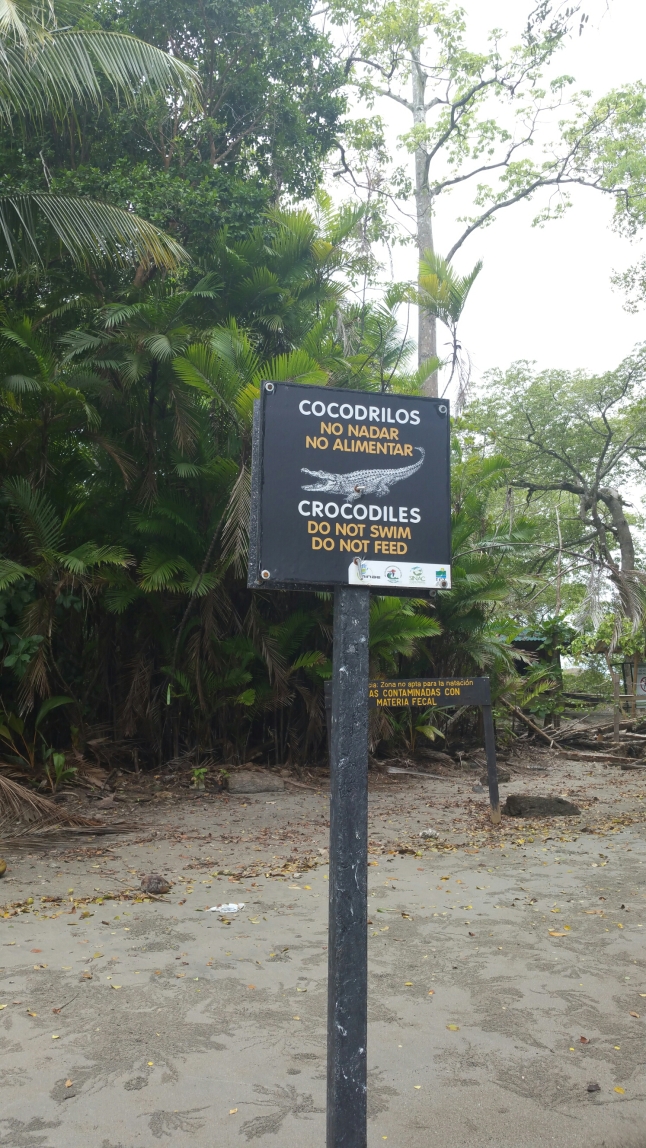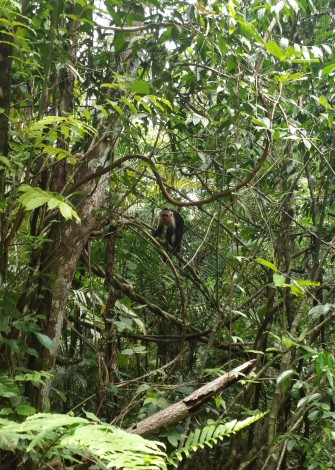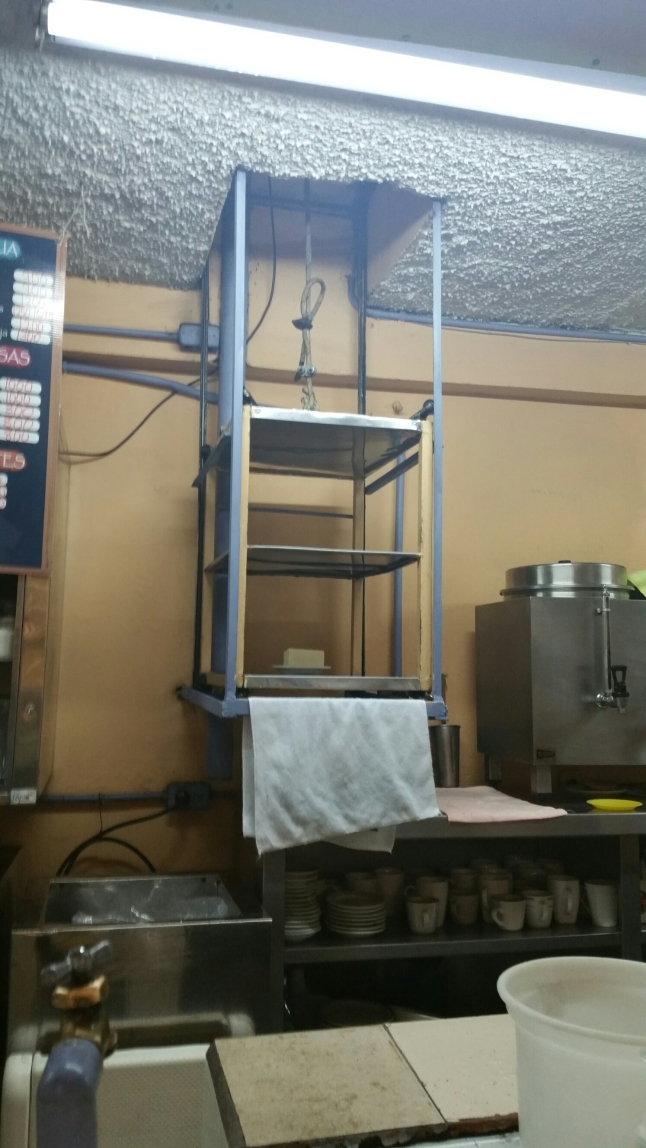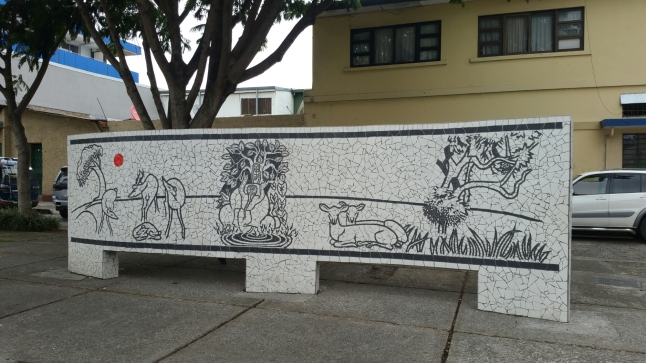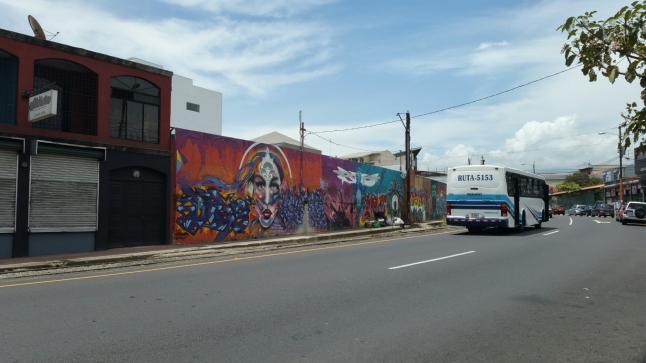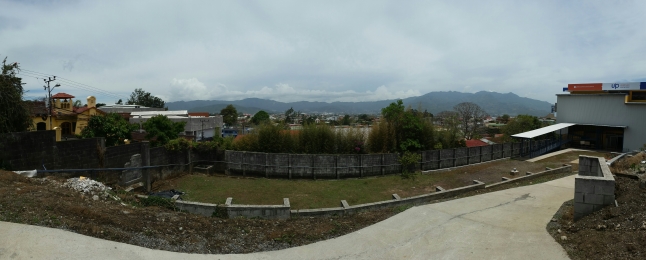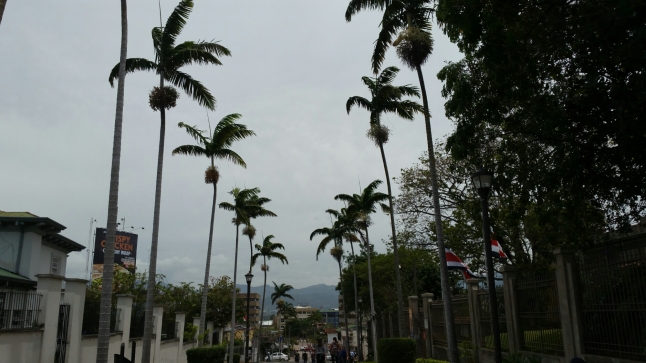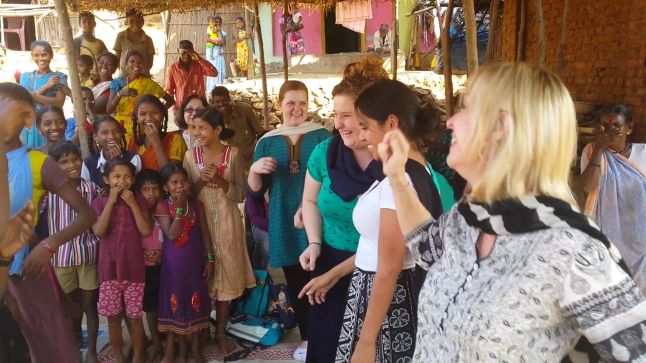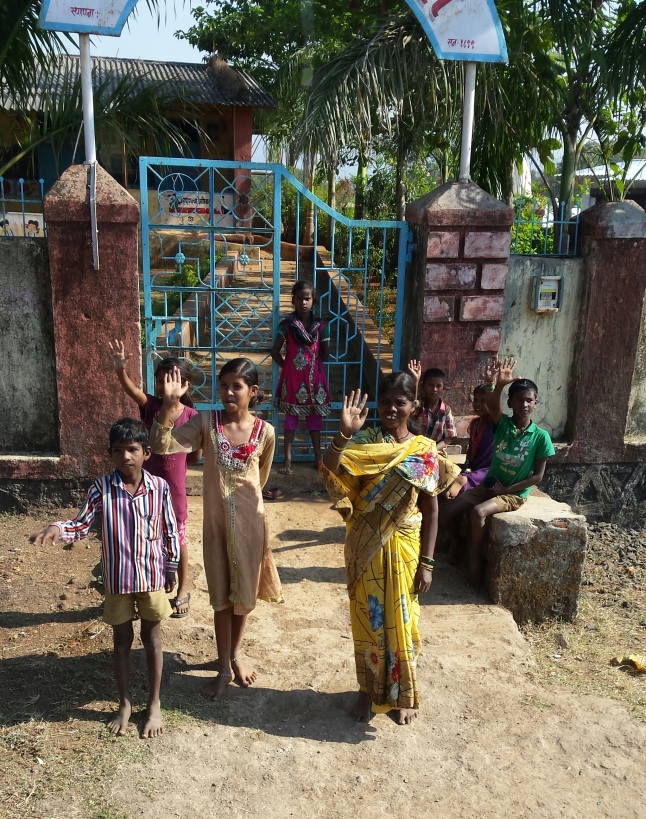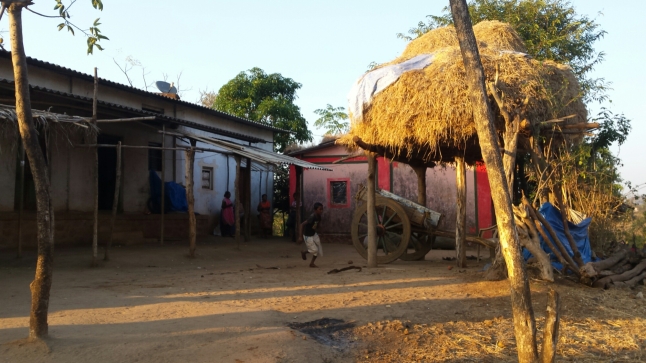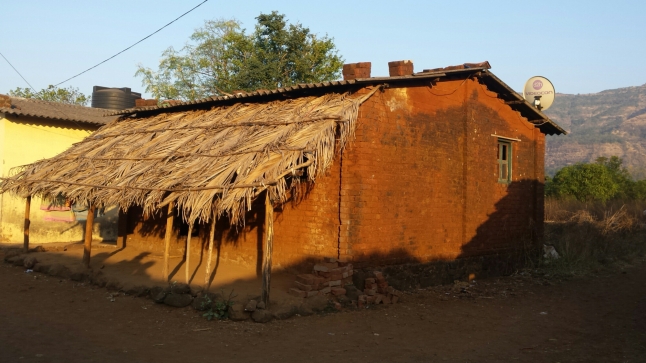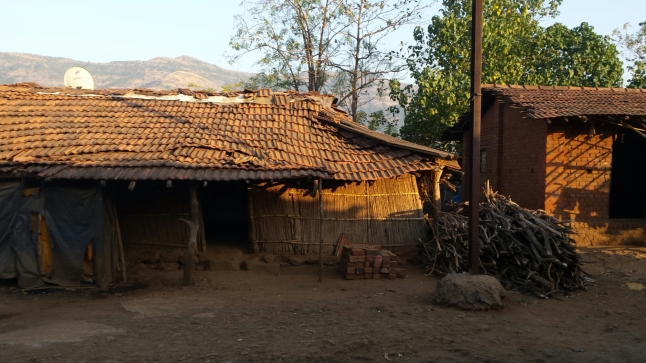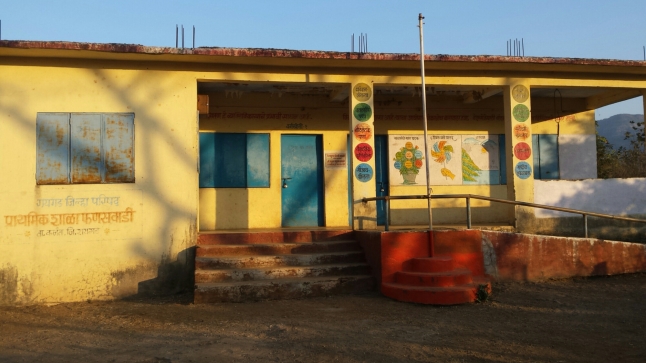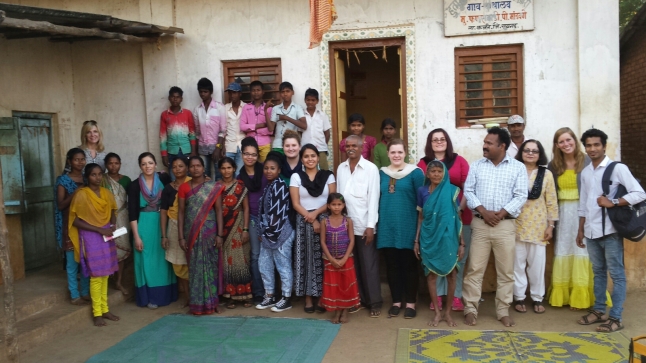
How are you? Where are you from? Where do you live? What are you studying? Where is your internship? How many siblings do you have?
I’m a fan of details. Of information. I really like dates. I seem to have a knack to remember when things have occurred, birthdays, special events, holidays, etc… All of these socially constructed dates.
Sometimes, it is fun. It is fun to celebrate special occasions. It can also be hurtful. Dates when someone has passed often come to mind. Yet there are other socially constructed dates we celebrate, often without thinking any further than surface level about the underlying message that is portrayed. And if it’s not common, if it’s not “normal” we don’t talk about it.
Today is National Sibling Day. I’ve enjoyed seeing all of my friends pictures with their siblings–silly moments, big milestones, baby pictures. I’ve also been watching these pictures go by for years and have yet to see a single message recognizing anyone’s story other than the “norm.” For some holidays, such as Mother’s Day or Father’s Day, folks have begun to honor those whose mother’s and father’s have passed. For heavy anniversaries, we acknowledge the pain of others.
Yet, for other days, such as National Sibling Day, we fail to recognize problematic structures that reiterate lives should be lived in one particular way, with one definition for all.
****
Many meetings begin with an icebreaker. A common one, “tell us your name and one fun fact.” “My name is Tina and I have a sister named Tina.” followed by a stern stare at my friend next to me, prompting her to introduce herself, forcing others to sit in confusion unable to respond.
I love talking. I love getting to know people. Questions that often come with new spaces are usually pretty surface level. How are you? Where are you from? Where do you live? What are you studying? Where is your internship? How many siblings do you have? With each of these questions, there is generally an expectation of what your response will be. How are you? I’m great/good/etc. How often are we really honest with this questions? Where are you from? Kansas, Colorado, Michigan, Ohio. All expected answers. Responses like Peru, Canada, Sweden, Scotland, are followed by many questions and surprise.
How many siblings do you have? One. None. Two. Four.
Sixteen.
There are often a number of responses that follow. “Really?” “Oh man, your parents must have been busy.” “Oh what do family reunions look like? How do you even have enough room for everyone?” “How big is your house?” Etc. Oftentimes, I am met with many jokes.
Yes, I have sixteen siblings. It’s a loaded question with a loaded response.
Family is complex. Personal lives are complex. Childhoods are complex. Foster care is complex. And they all look different for everyone. Yet in today’s society, we’re all held to one set of norms.
I have biological siblings. They’re much older than me and were already adults with their own families and children by the time I was born.
I’ve spent a lot of time listening to other youth in foster care talk about their experience with their siblings by their side. Everyone’s story is different, and I didn’t have that. My foster siblings became my siblings as well. And just as I love my biological siblings where they’re at, I love my foster siblings even after they move out, move home, and move on.
The easiest option is to find an answer that does not deviate from the norm. Pick a number and say that. The siblings that I’m closest with. The siblings who still live at home. Just my foster siblings. Just my biological siblings. But none of those answers are my heart.
I’m pretty lucky to have so many siblings. I get to laugh endlessly and love greatly.
When I was younger I was told that I would never be adopted, and the legality or adoption, or lack thereof has crept into my daily life in a wide range of ways. Just because my siblings aren’t my adopted siblings doesn’t make change my love for them either. Regardless of what I continue to be told.
What I don’t need is for people (and society) to continue defining my family and my siblings. I have had some folks blatantly declare who is or isn’t my family based on blood or marriage, which is not okkay. We as a society need to recognize that “normal” isn’t realistic or a standard of which we should be holding ourselves and others to.
We also need to remember that days like these, National Siblings Day, can bring a lot of feelings for some, can bring a lot of hurt, because of these socially constructed expectations.
My heart is full as I cherish all of the dear folks of whom I call my siblings. My heart also mourns the reality that I have fought to get to this place, and will likely keep fighting for my chosen family.
Joe, Donna, Rik, Christy, Danny, Vanessa, Jeremiah, Terra, Tina, Cory, Jasmine, Amber, Allyson, Calista, Carter, and Jack — my heart is full.

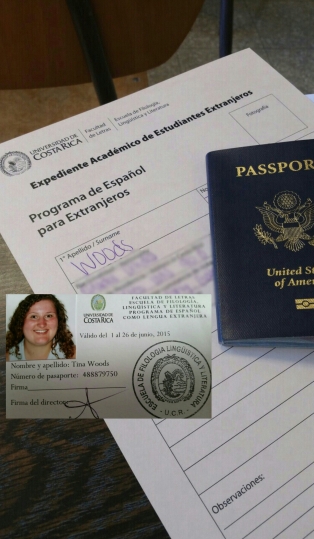 ing. Apasionado. Humbling. Real.
ing. Apasionado. Humbling. Real.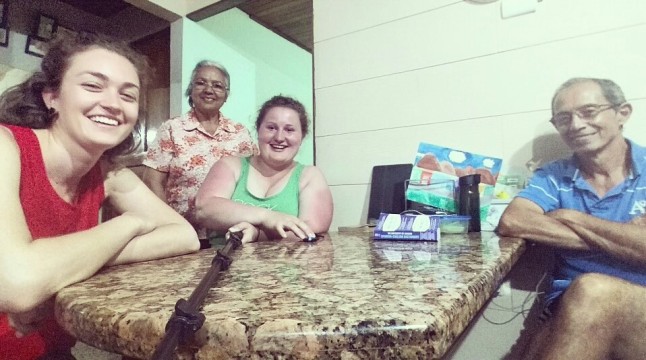
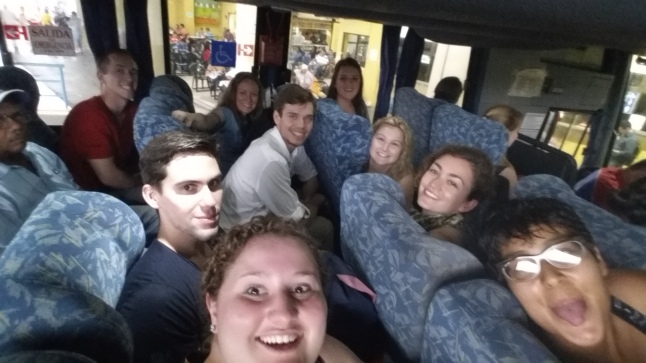



 All I wanted was to climb this rock and get a picture. And the daily downpour begins midway.
All I wanted was to climb this rock and get a picture. And the daily downpour begins midway. 